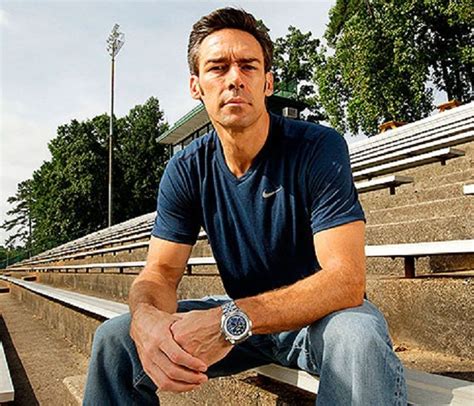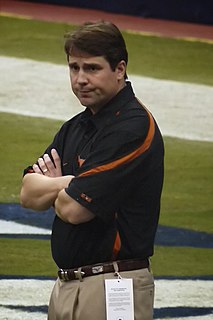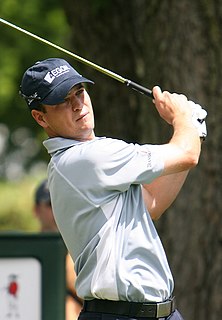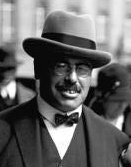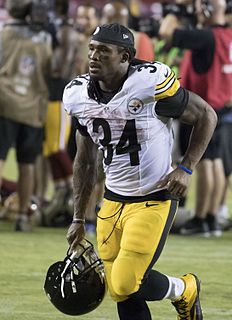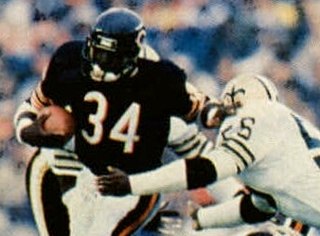A Quote by John Madden
Related Quotes
The more space you have there, the better it is for the quarterback, because he's got room to move around there to avoid a rush. And also, after the point of contact, if the rusher does beat me, he still has to go another four yards before he makes a sack. Versus if you drop straight back, he only has to go two more yards.
Colorful garments - ball gowns, kimonos, evening pajamas - made from yards upon yards of iridescent silk or velvet. I own an unjustifiable number of such outfits and jump at the chance to wear them. Against the etiquette about which I am otherwise all too conscious, I frequently, and unrepentantly, overdress for the occasion.
I've had the acting bug since I was, like, five. But growing up, I saw how people treated me differently when they knew who my father was, even the stuff I did on the field. Sometimes I'd rush for 100 yards, and the headline would be, 'Denzel's son runs for 100 yards.' That's where the suppression of that bug came from.

